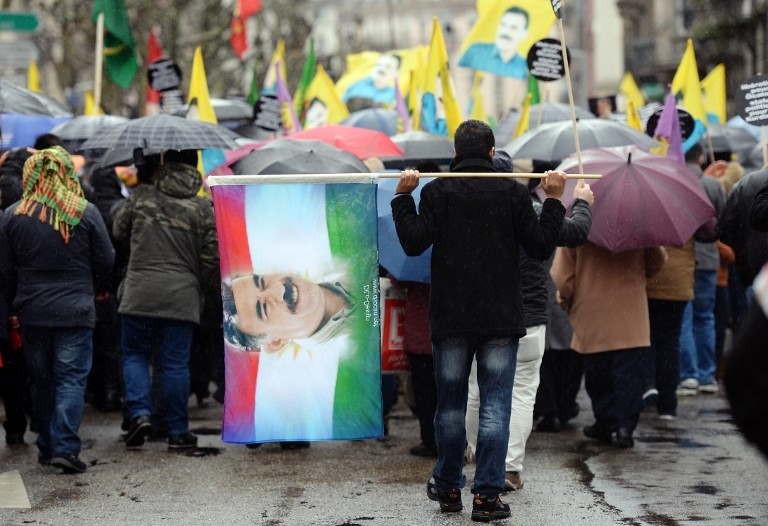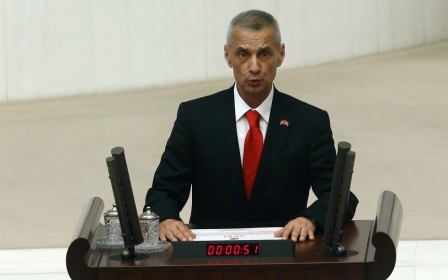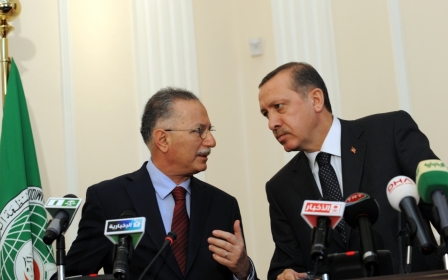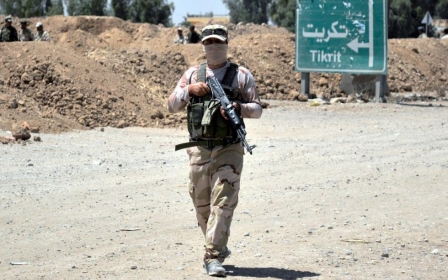Turkey presents bill to revive Kurdish peace talks

The Turkish government on Thursday submitted a reform bill to parliament to revive the stalled peace talks with Kurdish militants, in an apparent bid to seek votes from Turkey's biggest minority group in August presidential polls.
The six-article package of reforms will put the peace process under legal protection and grant legal immunity to the key actors - including politicians, bureaucrats and the spy agency - involved in the peace talks with Kurdish rebels, a parliamentary source told AFP.
Titled "The Bill to End Terrorism and Strengthen Social Solidarity", the reform package also aims to facilitate the rehabilitation of militants from the outlawed Kurdistan Workers' Party (PKK) who give up arms to return "home" to Turkey.
It gives the government the authority to appoint individuals and bodies to carry out talks at home and abroad regarding the so-called "Kurdish question".
The presentation of the bill comes as the ruling Justice and Development Party (AKP) prepares on 1 July to announce its candidate for the polls widely expected to be Prime Minister Recep Tayyip Erdogan.
Support from the country's Kurdish minority, who make up one fifth of the population and form a majority in the southeast, could be vital for Erdogan's success, especially if he is seeking an outright first round victory.
Deputy Prime Minister Besir Atalay on Thursday said the reforms, which should be passed by July 25 when parliament is scheduled to go into summer recess, could be "the last steps" towards a peace deal.
The PKK, which is blacklisted as a terrorist organisation by Turkey and much of the international community, launched an insurgency seeking self-rule in the southeast in 1984 that has claimed about 45,000 lives.
The rebels declared a ceasefire in March 2013, but peace talks stalled in September after the insurgents said they were suspending their retreat from Turkish soil, accusing the government of failing to deliver on promised reforms.
Middle East Eye propose une couverture et une analyse indépendantes et incomparables du Moyen-Orient, de l’Afrique du Nord et d’autres régions du monde. Pour en savoir plus sur la reprise de ce contenu et les frais qui s’appliquent, veuillez remplir ce formulaire [en anglais]. Pour en savoir plus sur MEE, cliquez ici [en anglais].




